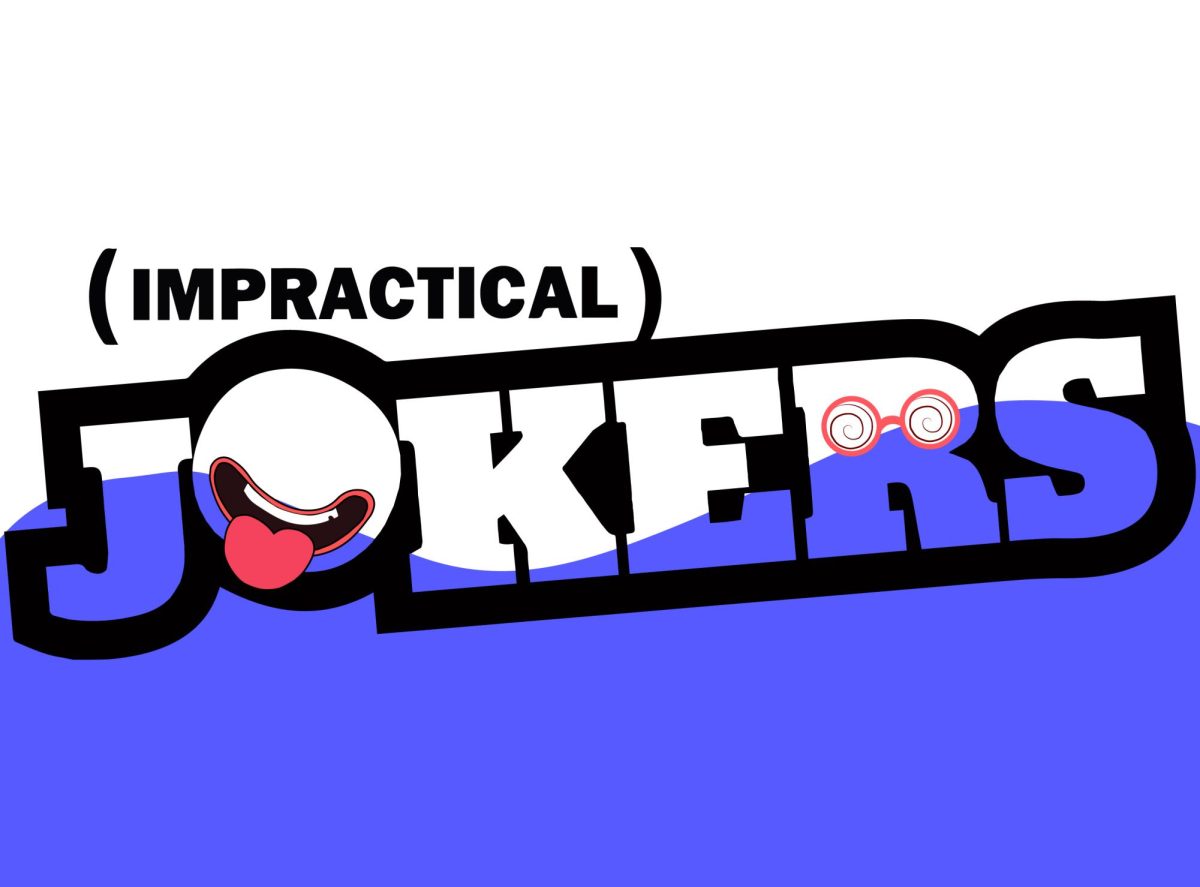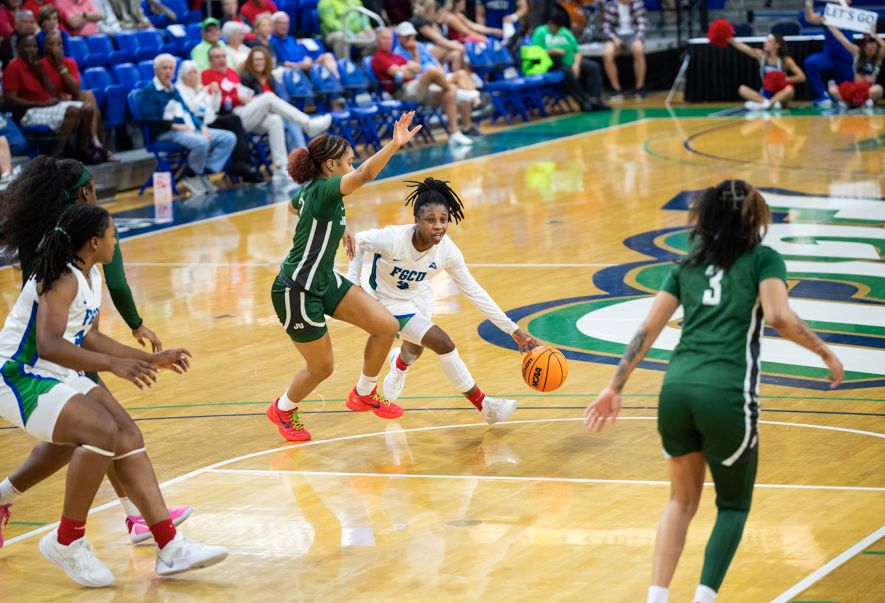This week, I am appalled and mortified by our court system.
On Friday, a judge denied Kesha Sebert’s request to be released from her music contract with Sony. That probably wouldn’t be too devastating a loss, if the contract did not tie the pop star to producer Dr. Luke (Lukasz Gottwald), who Sebert said sexually assaulted her.
To play a little catch up: Sebert filed charges against Gottwald in 2014, claiming that he had abused her for several years — not on one horrifying occasion, not as a violent and unacceptable outburst, but for 10 years. Reports of the suit claimed Gottwald supplied Sebert with drugs and sexually and mentally abused her. Later on, Sebert even amended the charges to include Sony, with the complaint that the “abusive conduct was open and obvious [to Sony] executives, who either knew of the conduct and turned a blind eye, failed to investigate Dr. Luke’s conduct, failed to take any corrective action or actively concealed Dr. Luke’s abuse.”
So, when the judge rejected Sebert’s injunction to record outside of Sony, he ruled that she had no choice but to work with a label that she says has been complicit to sexual abuse and that placed her and other artists in “physical danger.” She is, at least, able to work with another producer — a very small victory in an otherwise horrific loss — but she is required to make six more records with Sony, as per her contract.
This is as disgusting as it is unacceptable.
For those of you (somehow) unaware, Sebert — better known as Ke$ha — has released three albums under the Sony label, all of which earned a great deal of success and launched their own individual tours and merchandise. A string of her singles reached the top-10 Billboard list, including “Tik Tok” and “We R Who We R,” both of which reached number one.
The fact that Sony even fought her injunction makes it clear that it prioritizes the dollar sign in Sebert’s stage name over the fact that she is, in fact, a person. Sony’s greed allowed it to not only be complicit in her abuse but also drag her through a traumatizing trial process that is not even halfway over.
This is why abuse victims are afraid to come forward.
We live in a society where rape victims are accused of lying and dismissed, while those actually committing sexual assault are free to continue on with their lives and careers.
Victims who say they were drugged and raped by Bill Cosby did not come forward for years, and several of them only spoke out after others had — as if one accusation is not enough to be credible. Yet, even after multiple victims have bravely come forward after several years of petrified silence, these women are still accused of lying. Cosby manages to still have supporters.
The disgusting cycle of victim-blaming has got to stop.
Last year, Madonna was asked why she hadn’t come forward sooner about her own abuse in the 1970s.
“You’ve already been violated,” Madonna said. “It’s just not worth it. It’s too much humiliation.”
We humiliate victims of abuse instead of awarding them justice.
In Sebert’s case, she was denied simple freedom from her abuser.
Women who report sexual abuse face humiliation in the form of public doubt, criticism and are often even considered at fault in the court of public opinion. They are frequently called liars, told they were “asking for it” and compared to objects in analogies like, “If you owned a bank and you left the doors unlocked, would it be your fault or the burglars’ when all the money was gone the next day?”
For one, it would definitely be the burglars’ fault for taking something that didn’t belong to them. Let’s get that bit straight. Secondly — and most importantly — women are not objects that can be taken. We are people. Kesha Sebert is a person. She is not a walking, talking dollar sign that Sony can claim ownership of. Her artistry is her own, and she deserves to make music in a place she feels safe and free from violence and violation.
Our justice system failed her the way it regularly fails women of all ages and creeds.
Now, an opinion article like this can’t repeal a judge’s decision. A hashtag can’t break a contract. However, they can show support to the person who needs them most: the victim. When we raise our voices and say that this kind of disrespect is unacceptable, we can support people like Sebert where the system has failed them. By talking about injustice, we can help to ensure that such violations are not tolerated in the future.
#IStandByKesha. Do you?
Categories:
Sony sees nothing but dollar signs in Kesha Sebert
February 21, 2016
Story continues below advertisement
0
More to Discover






















